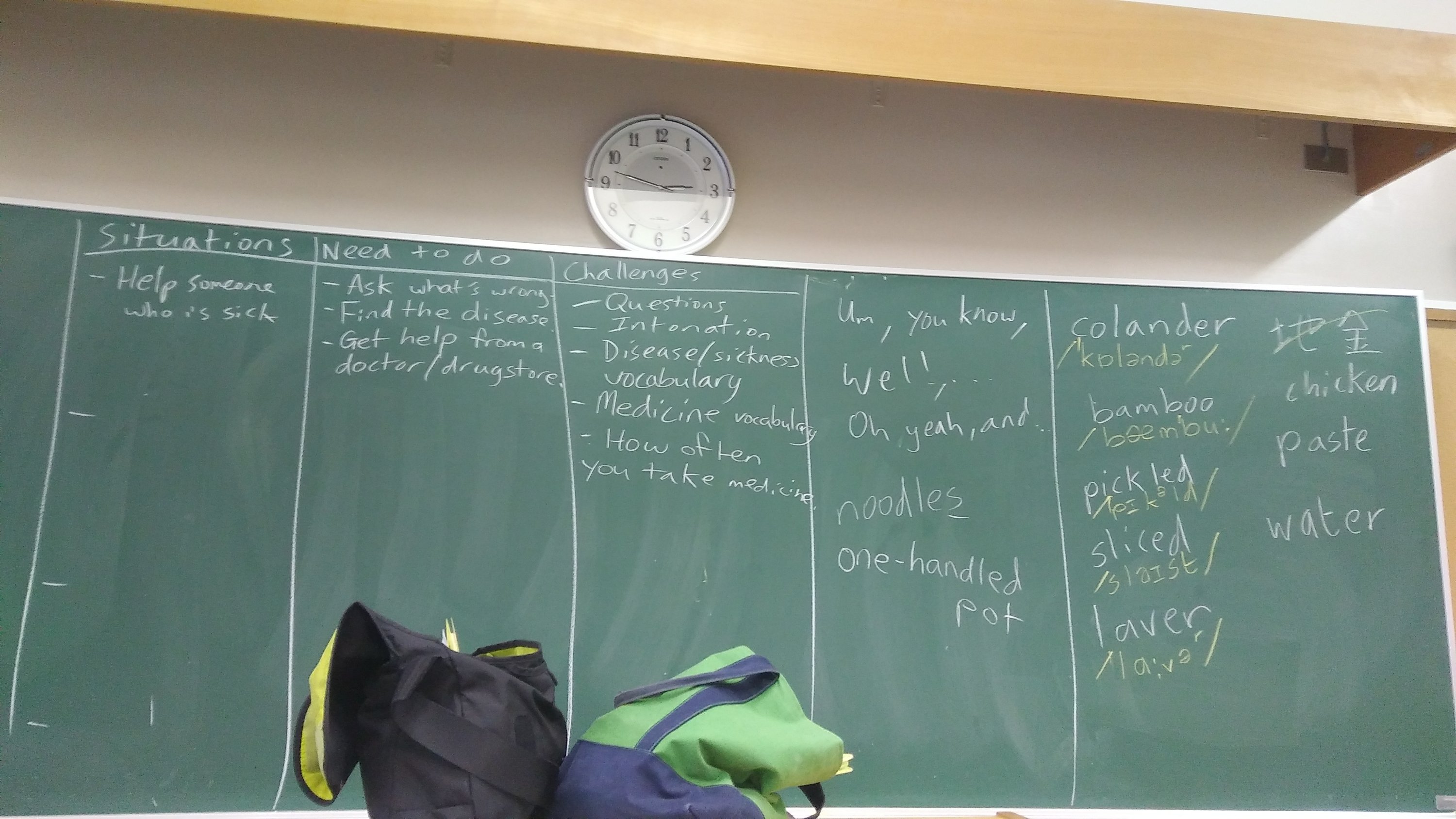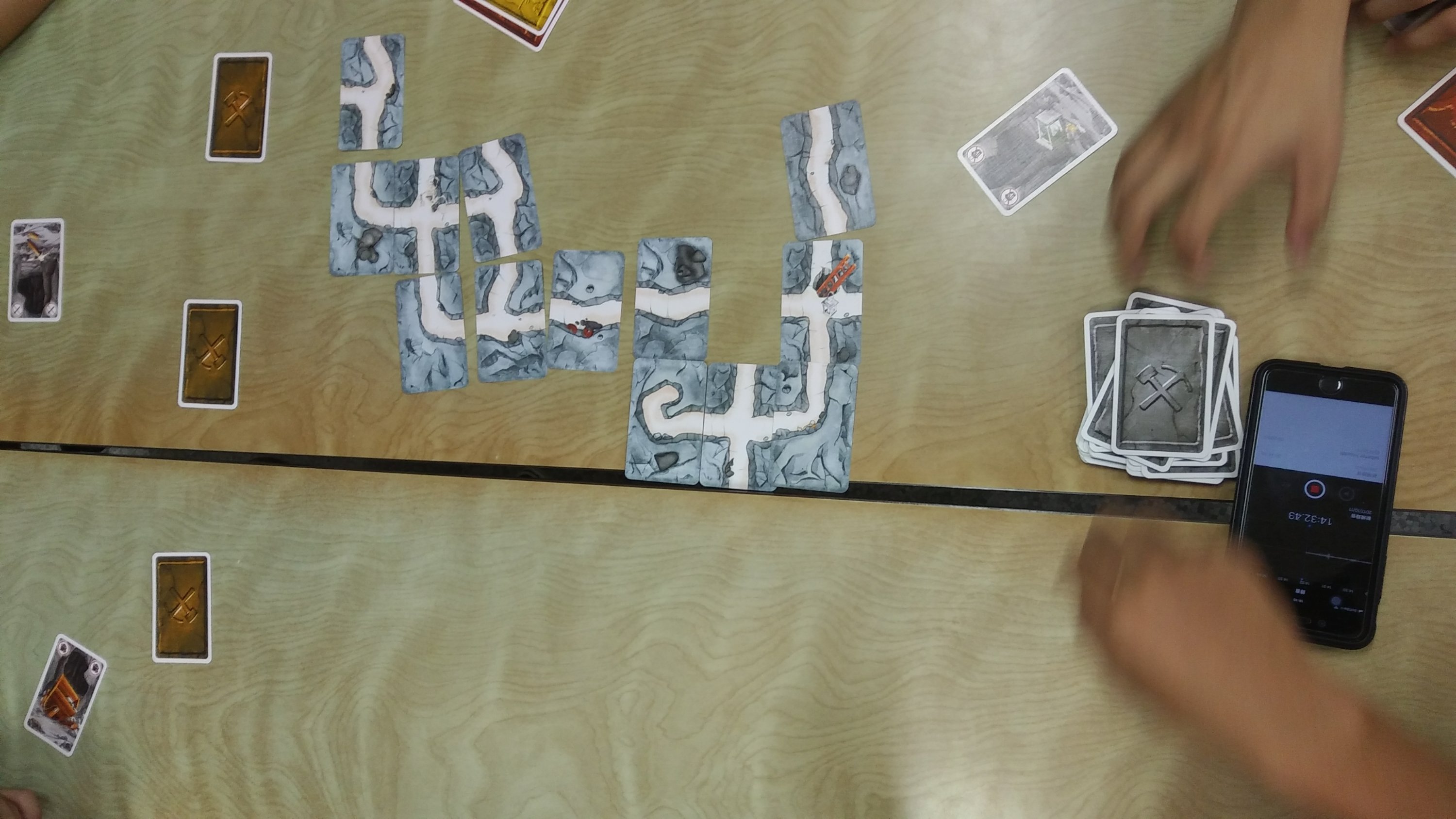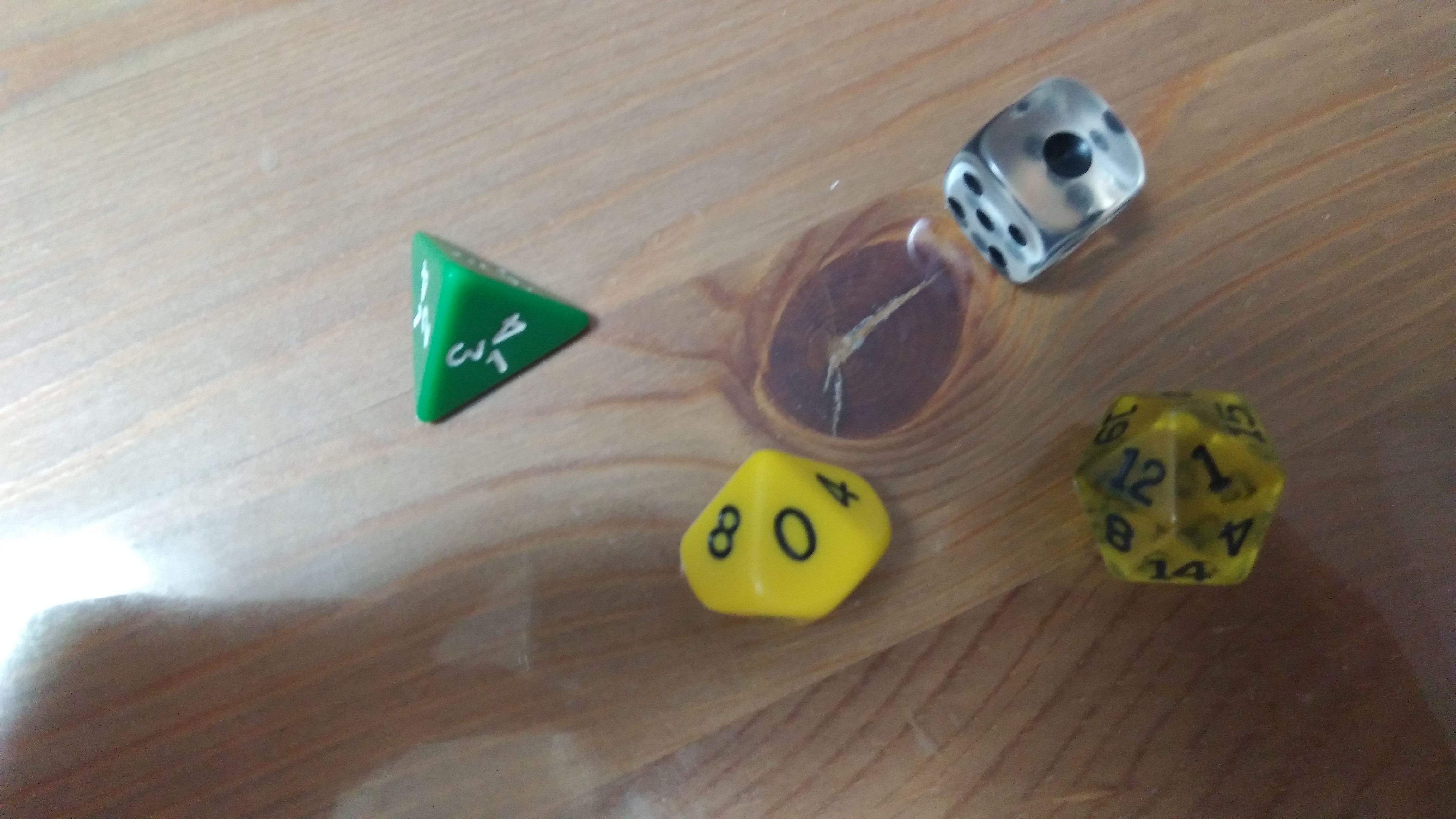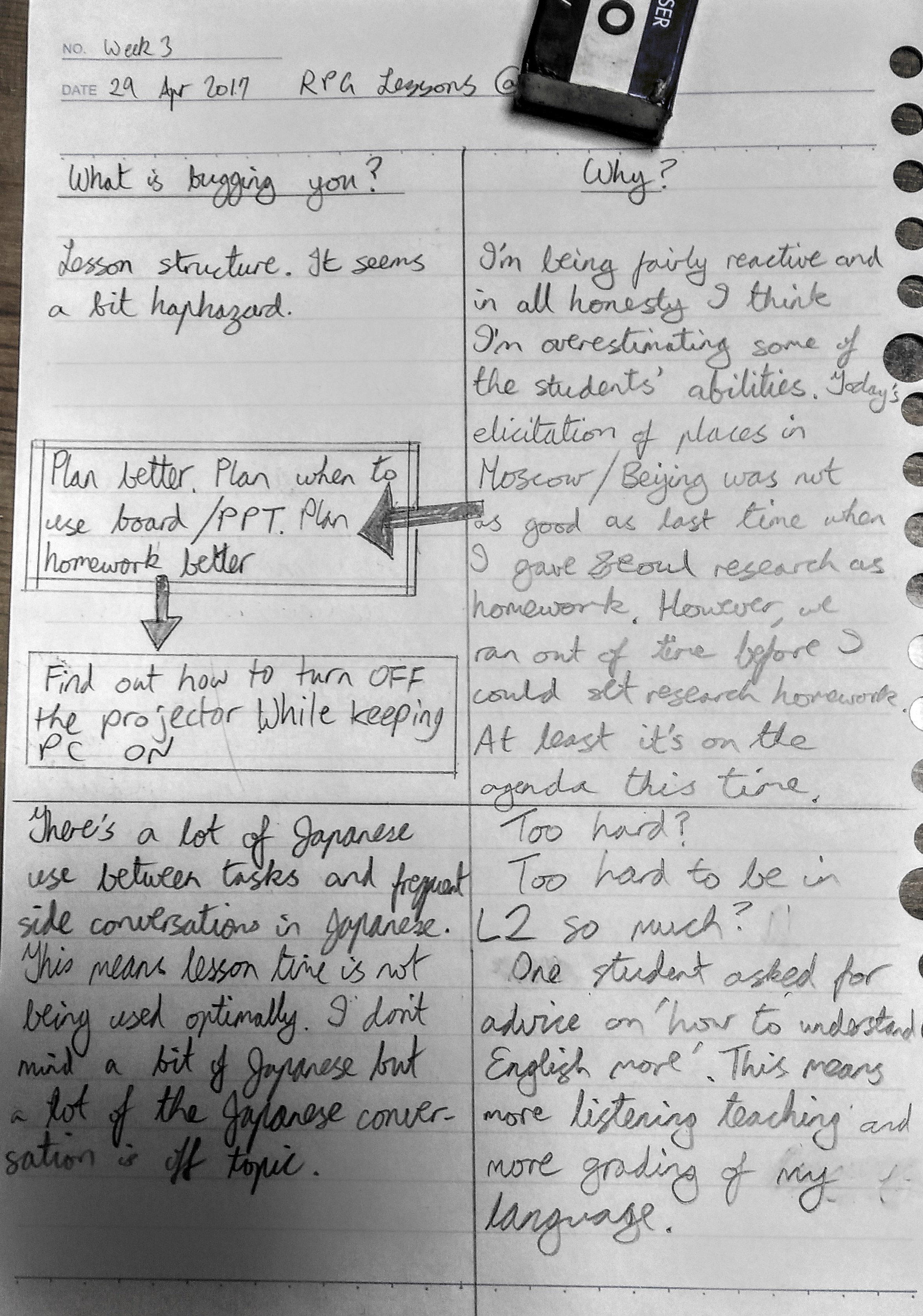Regular readers, or people who read the last but one post on here know that my students were making and playtesting board games as a project. The point of the games were that they should need to be played by communicating in English. All the playtest information was provided in English, too.
The students are too shy to share their games as print and play games but they did give me permission to share their games on my blog.
Travel Game
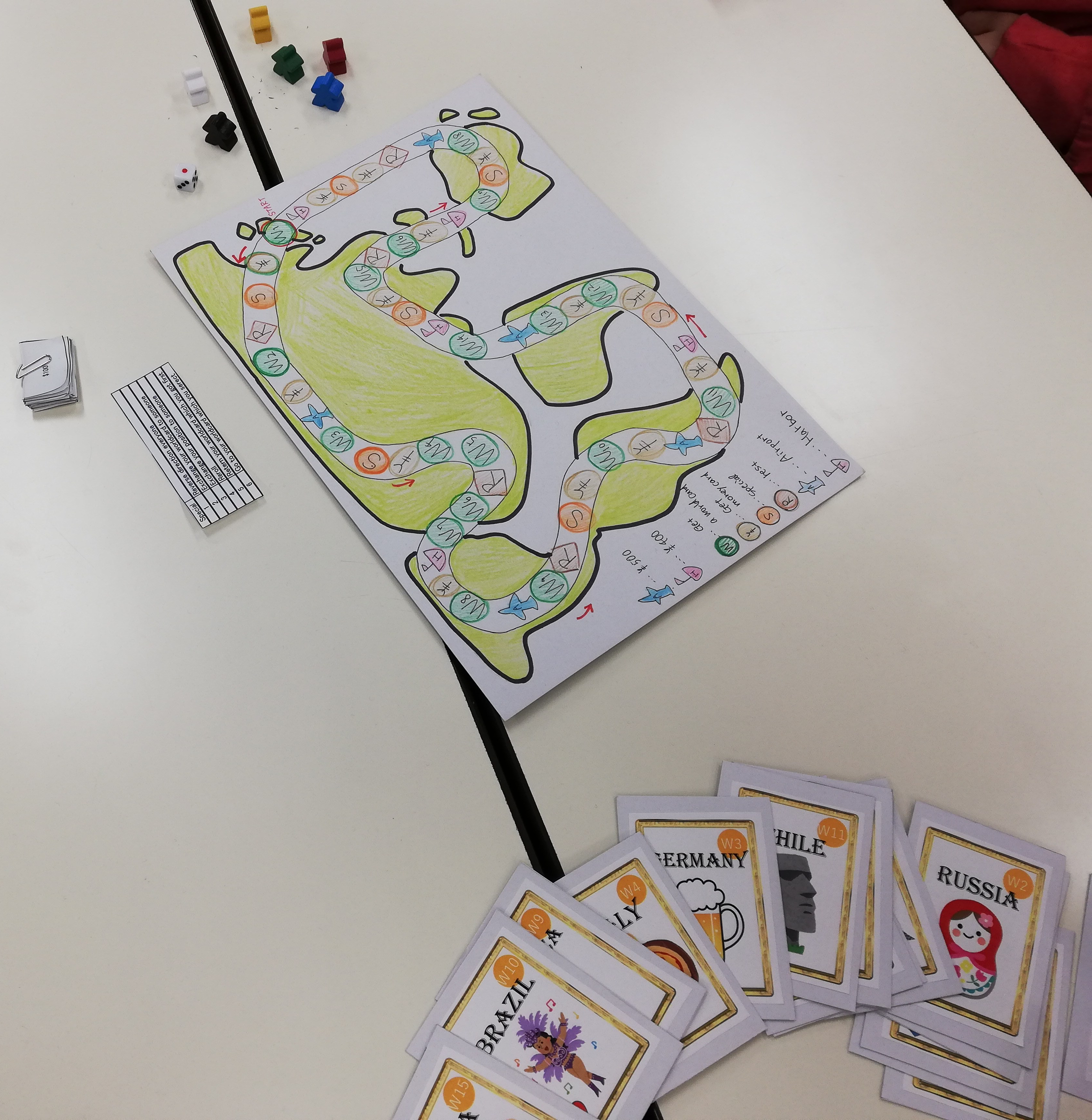
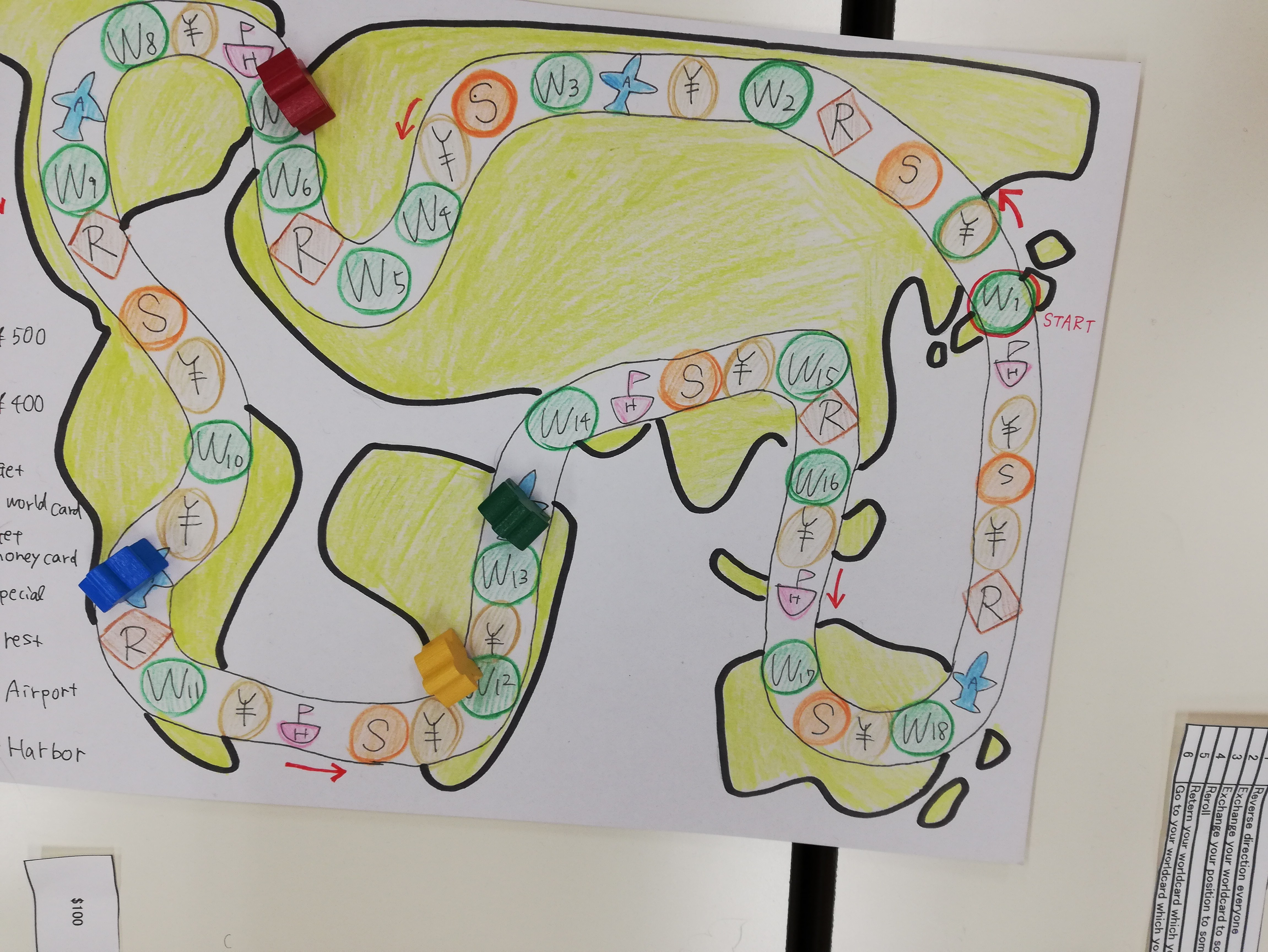
This game has a similar mechanic to Japanese favourite Game of Life (which, incidentally I was playing with my son on Sunday, the Japanese Timeslip version). You collect money and country cards. You take country cards to collect but you can’t actually possess them until you land on or pass the country card code.
It was, unlike Game of Life, very quick to play and not at all complicated.
Nutrition Game
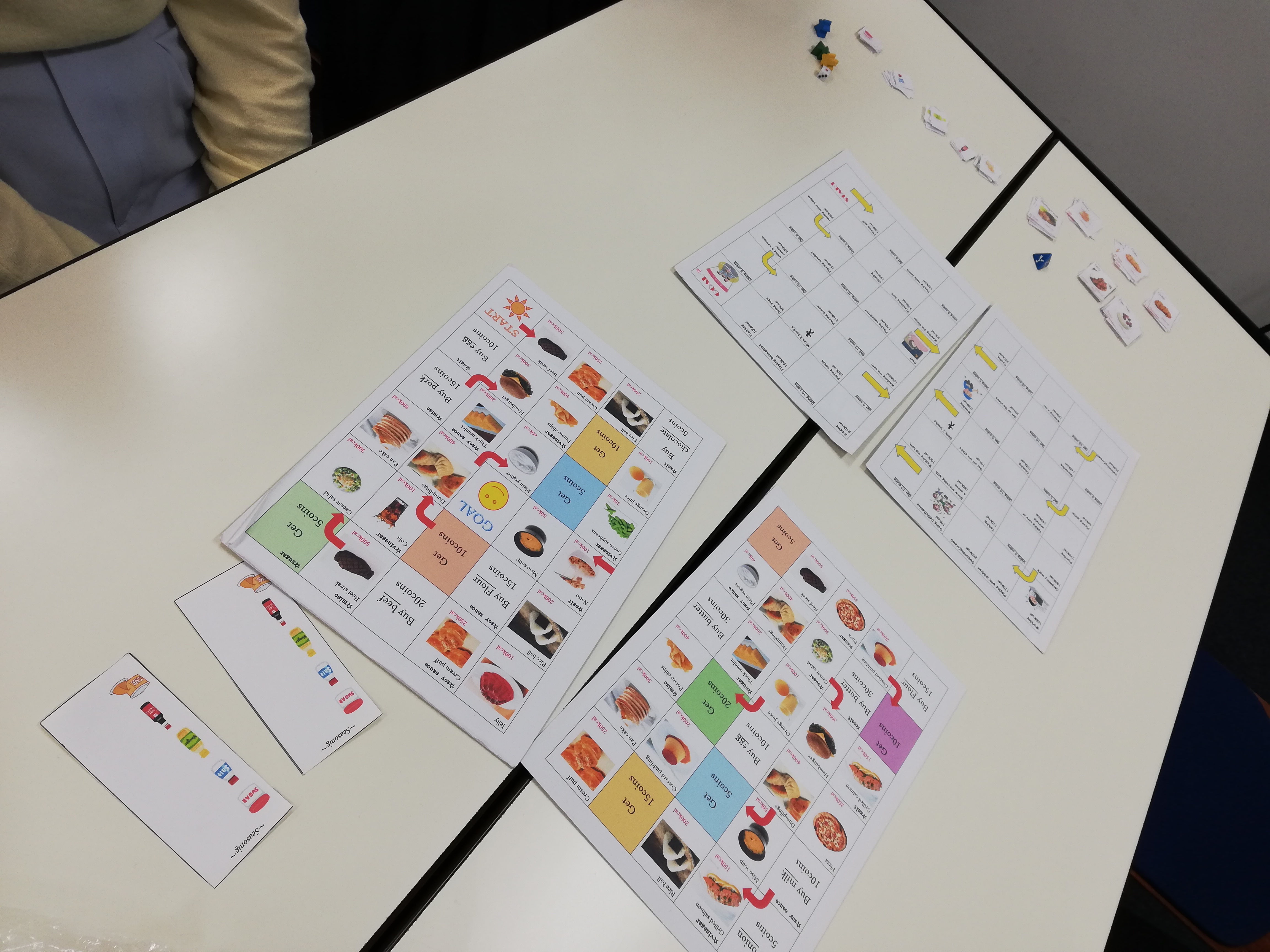
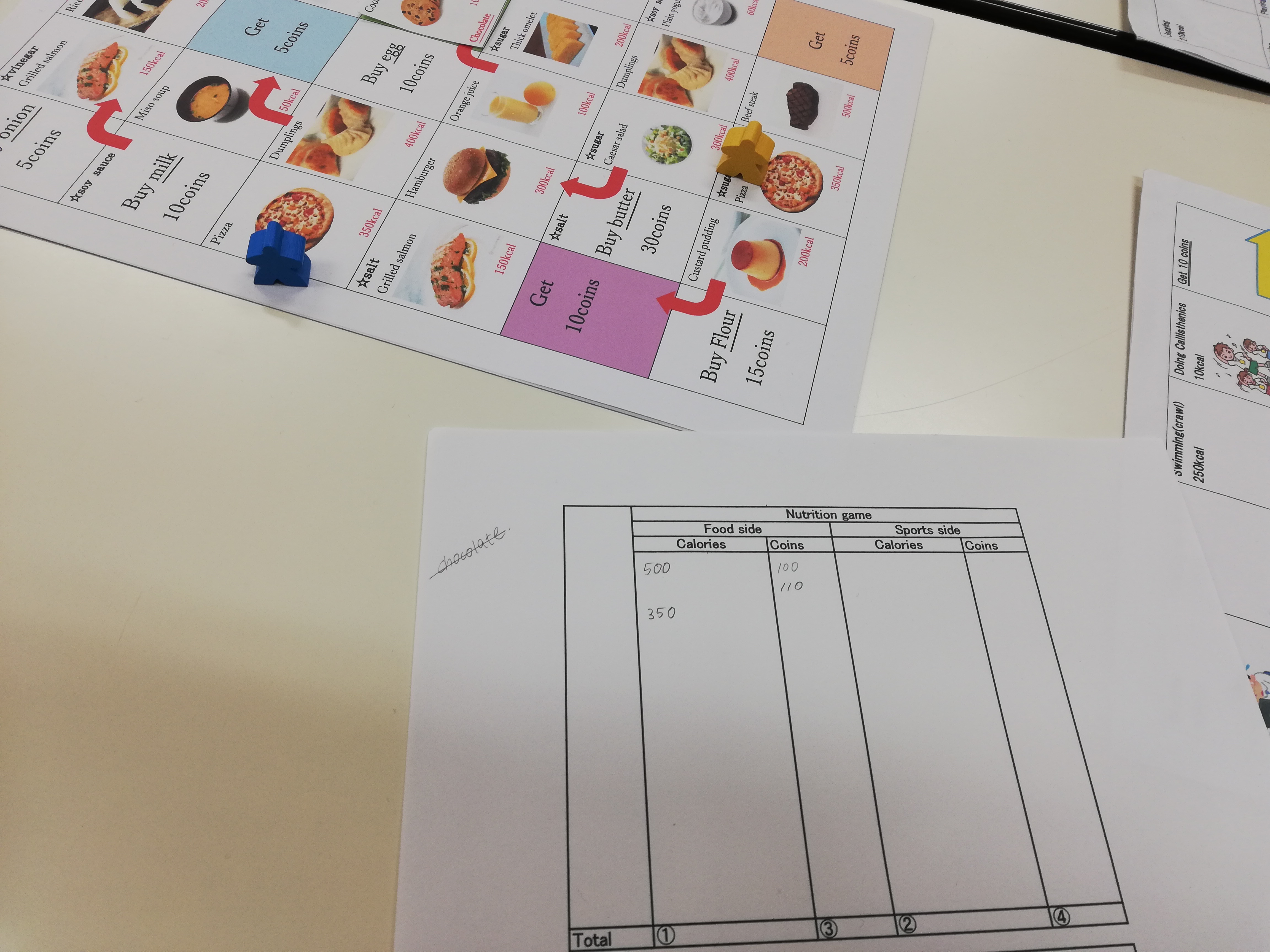
This game was an epic. It took 70-odd minutes of a 90-minute lesson to play. You gain calories by eating food on one board. After completion you lose calories by doing activities on the other board. The winner is the one closest to zero. There are other little twists like giving other players missed turns after collecting condiments and such. Long, but it didn’t feel like it!
Game Party
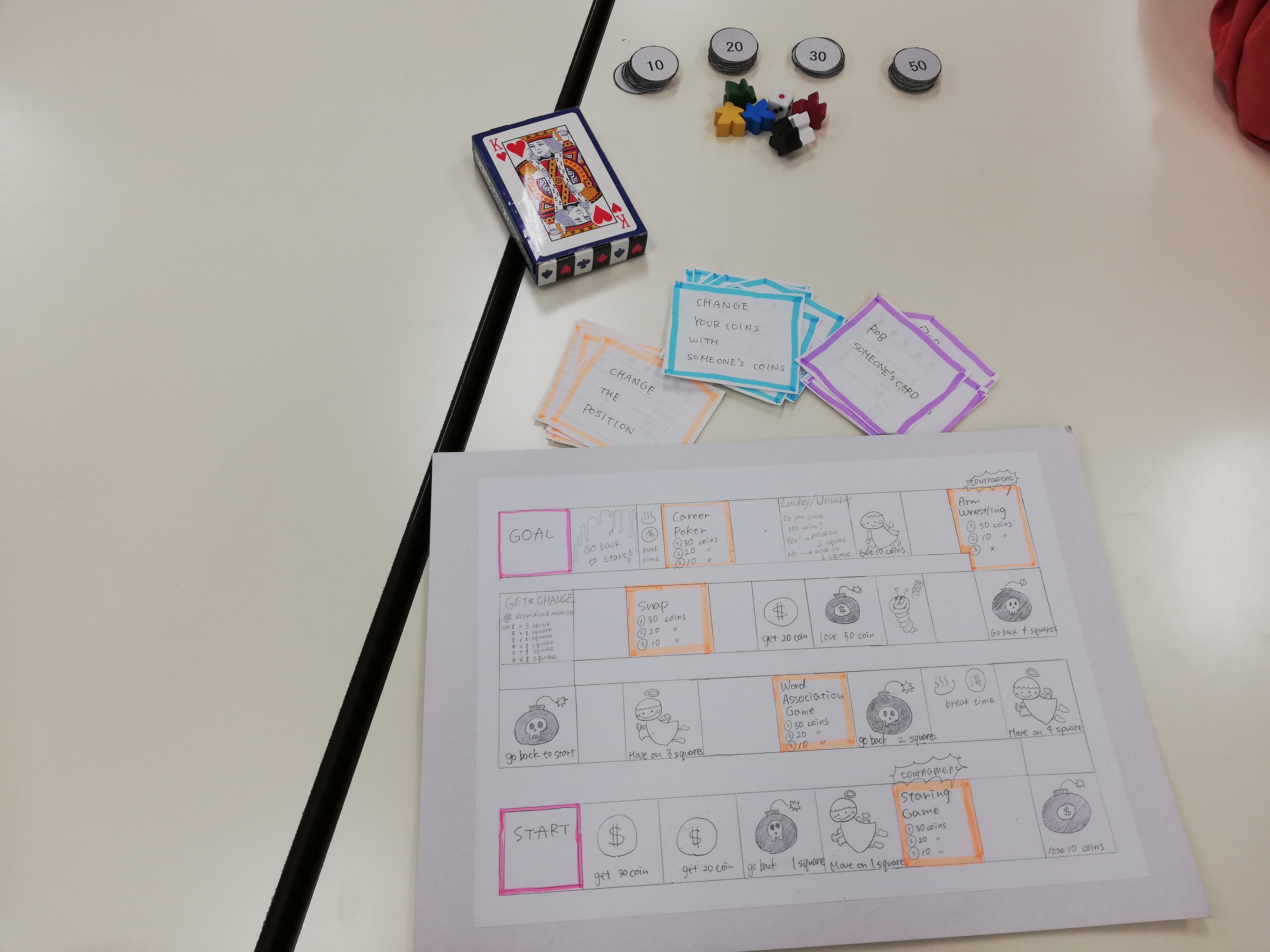
This one was so entertaining. You move from the start to the finish, collecting coins to buy cards to muck around with board positions and such. You can collect coins but more importantly win them by playing the games within the game, like ‘staring game’ (see who can stare their opponent out), arm wrestling, word association, snap and career poker which is still somewhat unclear to me. Gosh, the staring games were amazing, and the word association game with the theme of school items being won (by majority consensus) with ‘door’ was controversial enough to make the game exciting.
Next, I just have to get the evaluation sheets in.
